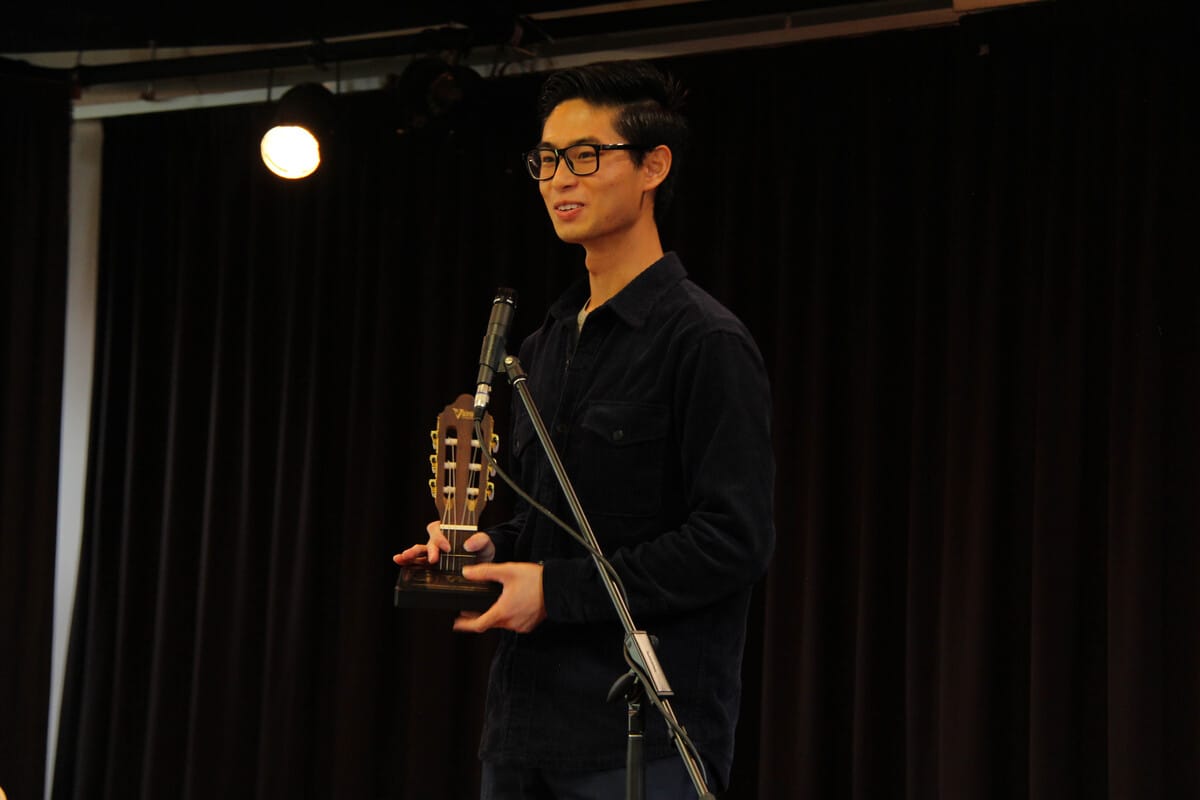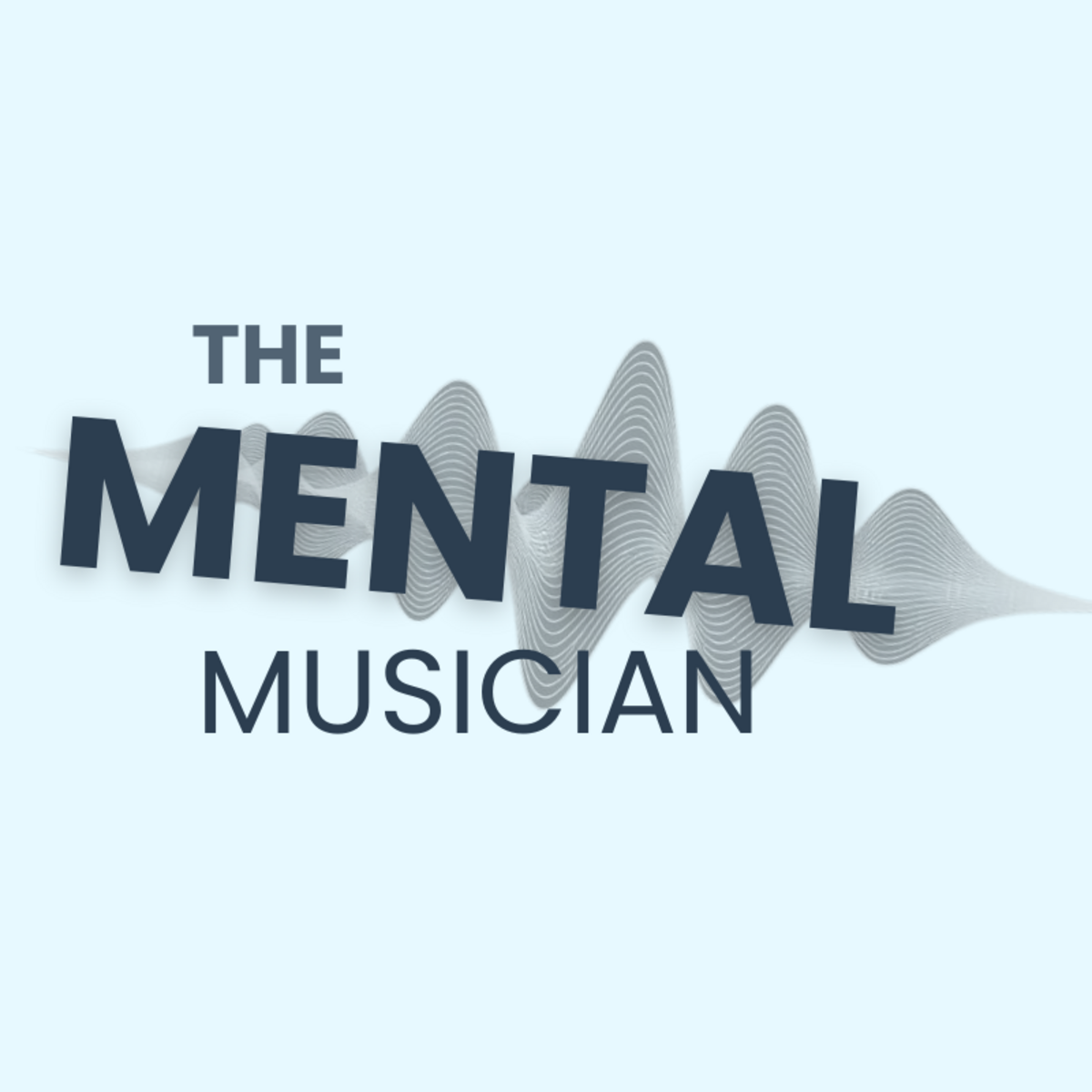I’m not one to celebrate milestones.
To me, they’re just numbers—fleeting, momentary blips on life’s radar. A quick internal high-five (picture two exhausted brain cells exchanging a limp fist bump), and I move on.
I remember hitting 1,000 subscribers on my YouTube channel years ago. Excitement lasted all of ten seconds before reality set in: most of those subscribers were friends I’d bribed with coffee, bots, or guitarists stuck in the infamous ‘sub-for-sub’ rabbit hole.
Even when I moved out of home for the first time or saved my first $100k, I barely paused. Milestones felt either inevitable or trivial—boxes to tick on the way to adulthood.
But this milestone? 200 subscribers to this newsletter? It feels different.
Why this one matters
When I hit “send” on the first edition of The Mental Musician, I wasn’t aiming for milestones. I was aiming to survive.
In 2022, after years of suppressing my struggles, I finally started talking about my depression. Before that, I’d spent seven years telling myself to “man up” and “get on with the job.”
Music was my only outlet. I poured my pain into my guitar because putting it into words felt too real, too raw. The moment I stopped playing, the silence was unbearable.
When I launched this newsletter, it was less about achieving something and more about creating a space—somewhere musicians could talk about what’s really going on behind the scenes.
The spark? A conversation with my jazz guitar teacher.
It was early 2022. I was drowning in stress after three months of sleepless nights and relentless pressure.
When I admitted to my teacher that I was struggling—not with the music itself, but with the weight of everything else—his response was blunt:
“Brian, you’re just going to have to find a way.”
I respected him, but he was a 64-year-old boomer from an era where mental illness was either ignored or “cured” with shock therapy.
His answer didn’t help. And, to be fair, my classmates weren’t much better. Most were 18 to 20 years old and still wearing the invincible armor of youth. When I asked how they were handling stress, their responses were just as dismissive.
So I turned to writing.
The birth of The Mental Musician
What started as frustration turned into a mission. Musicians—artists who pride themselves on raw emotion—seemed oddly indifferent to struggles that couldn’t be expressed through an instrument.
I vented through Instagram carousels, expecting little response. If it flopped, I figured I could deactivate my account and retreat into silence.
But to my surprise, it resonated.
Musicians reached out—some classmates, others strangers—thanking me for speaking openly about issues like:
The relentless pressure to practice 8 hours a day or feel like you’re falling behind.
The perfectionism that insists one mistake means you’re “not good enough.”
The cult-like belief that “the art” must come first, even if it destroys you.
Of course, there were critics. A few called me “soft” or “lazy.” One particularly colorful commenter labeled me a “woke Gen Z snowflake.”
But most of those critics were middle-aged musicians still playing ‘70s rock covers at pubs for $300 a night. It was hard to take them seriously.
Why this milestone hits differently
For the past two years, I’ve been in a dark place.
In mid-2023, my music school was thriving. It was profitable, with an incredible team of tutors and students full of life. But behind the scenes:
I had my first encounter with suicidal thoughts in July 2023.
I stopped seeing friends and my girlfriend, isolating myself completely.
My physical health plummeted—I lost 7kg from stress and sleeplessness.
For the first time, music wasn’t enough to pull me through.
That’s when I turned to this newsletter.
I launched The Mental Musician because I knew I wasn’t the only one. Behind every “successful” musician is often a story of struggle, silence, and pain. I wanted to shatter the myth that we’re all okay just because we’re creating.
Every subscriber to this newsletter tells me the mission is working.
A community worth celebrating
200 might not sound like much in the age of TikTok virality. But these 200? They’re real people. They’re you.
Every single one of you has made this feel less like shouting into the void and more like building a community.
This milestone matters because it represents something bigger than numbers. It’s a sign that musicians are ready for change—for honest conversations, shared struggles, and genuine support.
What’s next?
I don’t know if The Mental Musician will ever be “big.” That’s not the point.
What matters is making sure no musician feels like they have to face their battles alone.
In December, I’ll be hosting a live group Zoom call (details below). And in 2025, I might even revive my YouTube channel, this time with a focus on these stories.
Thank you for being here. For reading. For replying. For showing up.
Every subscriber reminds me that this matters.
Here’s to breaking the stigma, one musician at a time.
This newsletter started as a way to open up conversations about mental health in the music world—a space to remind each other that we’re not alone in our struggles.
If it’s made even a small impact on you, I think you’ll find The Inner Circle to be something special.
It’s more than just a continuation of what we’re building here—it’s a deeper dive into the conversations that matter most. A place where we connect more closely, share real stories, and support one another through the highs and lows.
If the newsletter has resonated with you, The Inner Circle will feel like home.
Click on the button below if you'd like to explore it further.
Thank you, as always, for being part of this journey.



